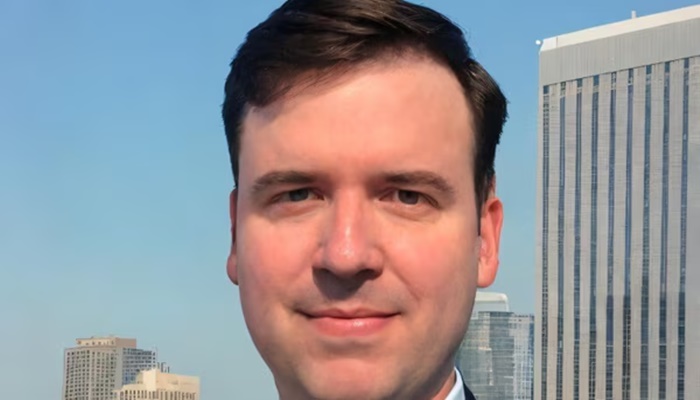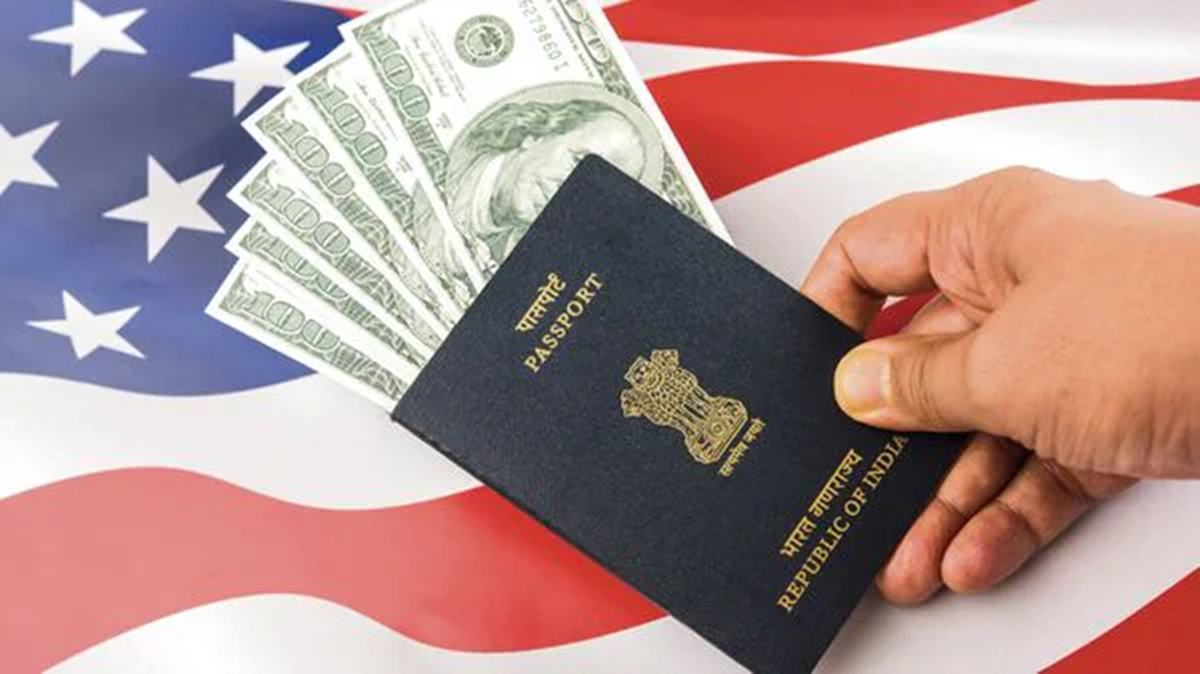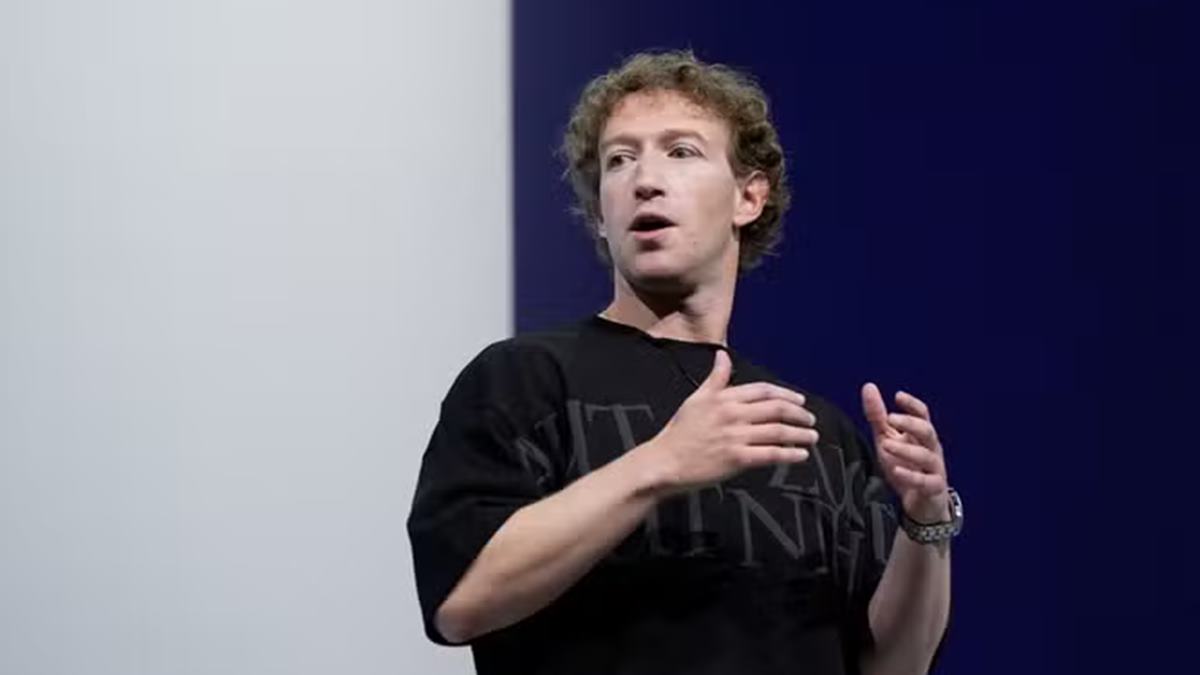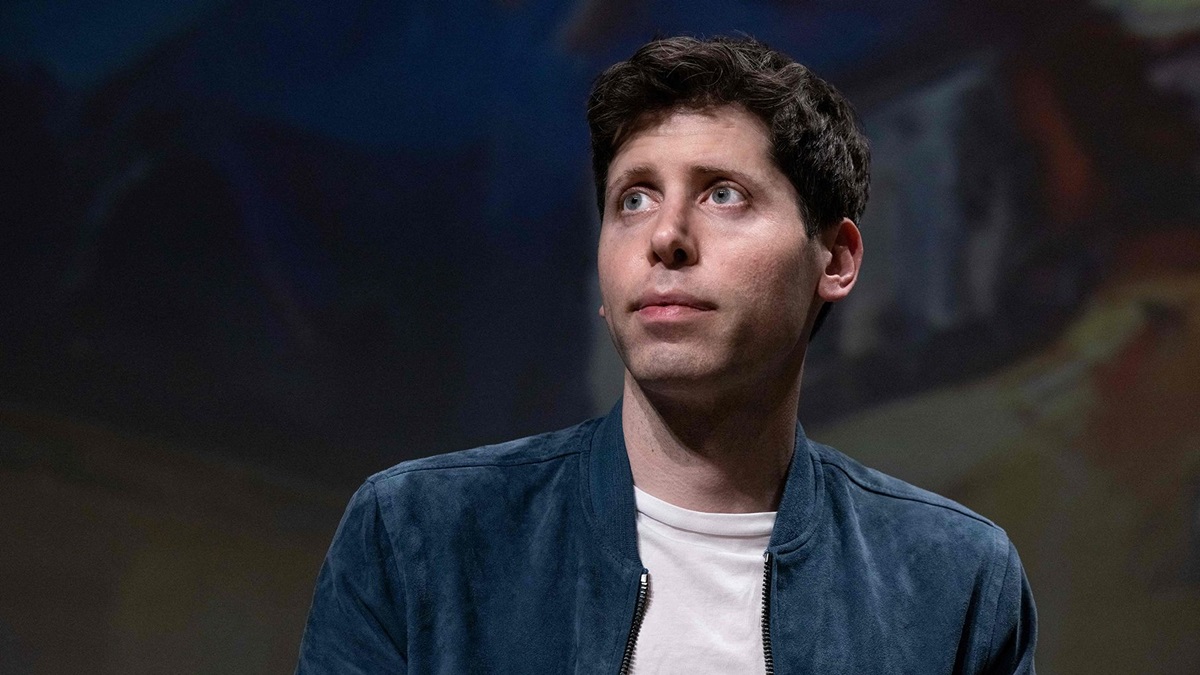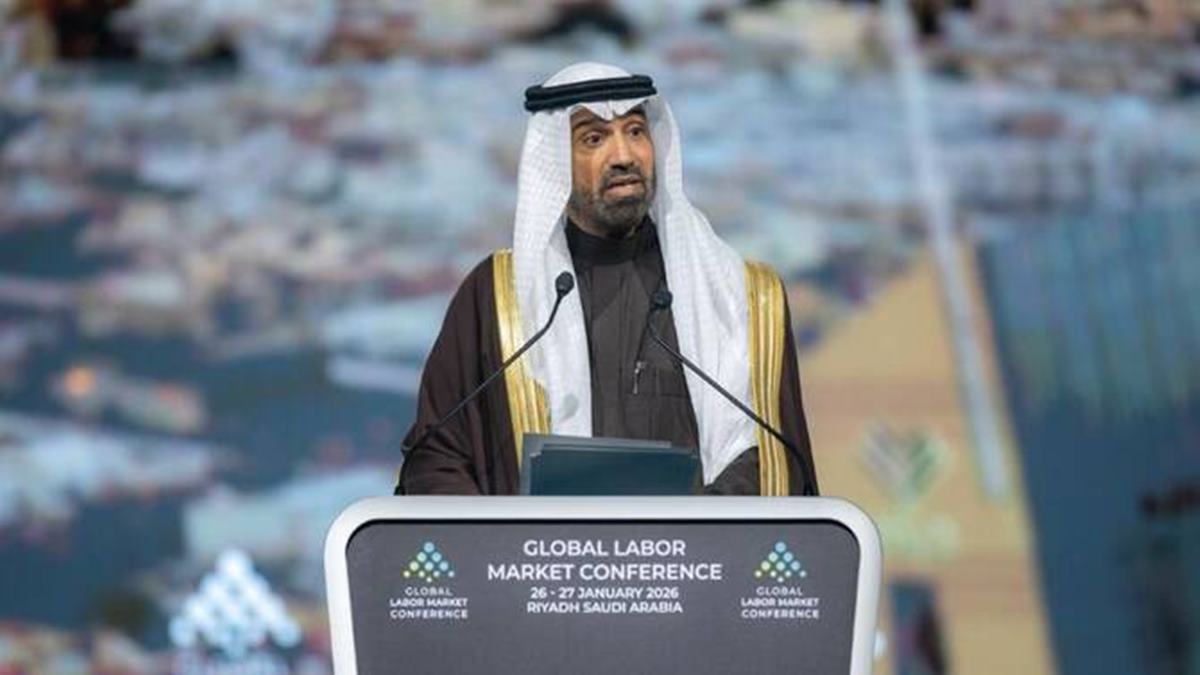If you think HR’s ultimate dream is a day without grievance calls or payroll queries, think again. What if HR had a genie—not the kind that grants promotions or instant headcount approvals, but one that could reshape the very DNA of the workplace?
Would they wish for better coffee? Unlimited budgets? A world without Excel crashes?
Turns out, no. The wishes are far more fundamental. And perhaps, more human.
Wish #1: A culture where people actually trust each other
“If there’s one wish I had,” says Ravi Mishra, head-HR, BITS Pilani, “it would be to build a culture of empathy and trust—because everything else follows from there.”
He isn’t exaggerating. The past few years have upended how people work, think, and even relate to one another. Hybrid setups. AI anxiety. Generational gaps. HR today is less about forms and files, and more about fears and feelings.
“If there’s one wish I had, it would be to build a culture of empathy and trust—because everything else follows from there.”
Ravi Mishra, Head-HR, BITS Pilani
“If the culture of empathy and trust is not there,” Mishra says, “everything else—policies, templates, performance metrics—becomes paperwork. People disengage.”
Consider this: a Gallup survey back in 2004 asked employees a simple question—”Do you have a best friend at work?” Two decades later, the Harvard Business Review ran a cover story echoing the same sentiment: we are lonelier at work than ever before.
Somewhere between Zoom calls and KPIs, the warmth went missing.
For every two stories that make headlines—a layoff, a burnout, a breakdown—there are dozens more that stay invisible. Employees struggling under the weight of quiet stress. Fear of job loss. The erosion of psychological safety.
Mishra’s wish isn’t about grand HR strategies. It’s about returning to the basics of being human.
“Automation, AI, analytics—all that matters,” he says. “But none of it can replace human connection.”
His argument is simple: when empathy becomes culture, engagement follows naturally. People don’t need mandatory wellness weeks or corporate hashtags about mental health. They need real care. A manager who asks how they are—and actually listens. A workplace where colleagues stand by one another in moments of crisis.
Because without empathy, HR may run a company. But with it, they build a community.
Wish #2: bring back the feeling of actually belonging
Chandrasekhar Mukherjee, a senior HR leader, wishes for something that’s become increasingly rare: belonging.
“There was a time when employees were proud of where they worked,” he says. “The company’s name meant something—there was a sense of loyalty and family.”
“Today, organisations talk about top line and bottom line, but they’ve stopped talking about heart line.”
Chandrasekhar Mukherjee, Senior HR Leader
He recalls an era when offices in Mumbai offered breakfast for employees who commuted for hours, and leaders knew their team’s children by name. “Now,” he adds, “everything’s been cashed out. Even welfare has become transactional.”
The new workplace, driven by metrics and market share, often measures success by profits, not pride. “Today, organisations talk about top line and bottom line,” Mukherjee says, “but they’ve stopped talking about heart line.”
That widening gap has led to a silent cultural drift—one where people show up but don’t feel seen.
Mukherjee believes HR’s role is to rebuild that emotional bridge. “We have to bring back belongingness, pride, and fairness. A learning organisation isn’t just about skill-building—it’s about giving employees a reason to believe they matter.”
And fairness, he argues, is where true belonging begins.
“We talk about meritocracy all the time,” he says. “But meritocracy without fairness is hypocrisy.”
Many organisations promote people based on performance alone, ignoring potential. The result? High performers get promoted to their level of incompetence—a classic corporate tragedy.
Mukherjee’s genie would grant him a system that distinguishes not just what people achieve, but how they achieve it. “Culture isn’t built by numbers. It’s built by how we treat people on the way to achieving those numbers.”
For him, leadership must mean mentorship. Managers shouldn’t command; they should coach. Instead of “Do as I say,” he wishes for workplaces where leaders say, “How can I help you get there?”
Because real performance comes not from fear, but from faith.
Wish #3: Purpose, Progress, and People Who Don’t Hate Mondays
If Nitin Khindria, CHRO, Omega Seiki Mobility, could get one wish from the genie, he’d seek a future-ready workplace—one where purpose drives people, technology amplifies potential, and learning never stops.
“My first area to work on,” he says, “will be creating a culture of continuous learning and agility among all stakeholders—moving from an ‘I don’t know’ to a ‘let me find out’ approach. We must stay relevant and ready for tomorrow.”
“My first area to work on, will be creating a culture of continuous learning and agility among all stakeholders—moving from an ‘I don’t know’ to a ‘let me find out’ approach. We must stay relevant and ready for tomorrow.”
Nitin Khindria, CHRO, Omega Seiki Mobility
His second wish would focus on seamless human-technology harmony. “AI, robotics, IoT, and data tools should enhance, not replace, human potential. Let innovation liberate us, and let values drive collective results.”
In his view, the goal isn’t to outpace machines but to partner with them—using technology as a lever for transformation, not detachment.
And finally, Khindria’s third wish goes beyond performance metrics—it’s about building a purpose-driven workplace that is truly inclusive. “Every individual must feel valued, included, and connected to a larger mission, with global accountability in mind,” he says.
In essence, his genie would grant HR the ability to balance heart and hardware—blending compassion with competence, ethics with efficiency, and people with purpose.
Because when innovation liberates and inclusivity anchors, the workplace becomes not just a place to work, but a place to belong and become.
The Great Irony
If HR were granted a genie, chances are they wouldn’t ask for fewer forms or faster payroll software—though that wouldn’t hurt.
They’d wish for workplaces that heal instead of harm. For managers who mentor, not micromanage. For employees who don’t fear Monday mornings.
The irony is that HR’s toughest battles aren’t against processes or policies—they’re against indifference. Against the quiet normalisation of stress, loneliness, and burnout as “the cost of ambition.”
Empathy, belonging, fairness—these aren’t idealistic wishes. They’re survival imperatives for a workforce on the edge. Because when people stop trusting, organisations start collapsing—slowly, invisibly, one disengaged employee at a time.
As Mukherjee puts it: “Trust and empathy aren’t add-ons. They’re the foundation. If people feel cared for, everything else—performance, innovation, even profit—follows.”
And maybe that’s what the genie would say too, before vanishing into a cloud of glittering HR dust: You already have the magic. It’s called humanity.
The real wish
In the end, HR doesn’t need a genie. Just a little more courage—to speak truth to power, to protect what’s human in the age of algorithms, and to remind everyone that the real bottom line isn’t the profit we make, but the people we keep whole.
Because when trust replaces fear, empathy replaces apathy, and leaders replace labels with listening—that’s not a fantasy.
That’s the kind of workplace worth wishing for.
